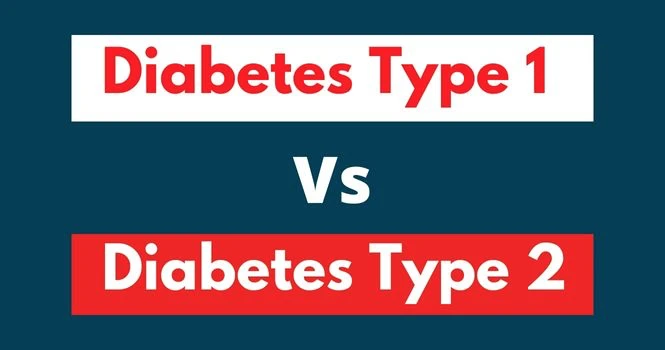Exercise is often recommended as a key component to managing blood sugar levels, especially for people with diabetes.
It improves insulin sensitivity, aids in weight management, and contributes to overall cardiovascular health.
However, some individuals may surprisingly notice their blood sugar levels spike rather than drop after exercising.
Let’s see reasons for this,
The Blood Sugar Balancing Act
During exercise, your muscles need more energy in the form of glucose. To meet this increased demand, your body mobilizes stored glucose and even produces additional glucose.
In individuals without diabetes, the body’s insulin response is able to effectively regulate this increase in blood sugar. However, for those with diabetes, insulin regulation may be impaired, leading to increased blood sugar levels post-exercise.
Why Does Blood Sugar Rise After Exercise?
Type of Exercise:
Different types of exercise have different effects on your body and your blood sugar. Aerobic exercise like jogging or swimming tends to lower blood glucose levels.
In contrast, anaerobic activities like weightlifting or intense, short bursts of exercise like sprinting can raise blood sugar levels.
These activities stimulate the release of stress hormones like adrenaline, which signal the liver to release more glucose into the bloodstream to fuel the muscles.
Hormonal Response to Exercise:
During intense exercise, the body perceives this physical stress as a threat and responds by releasing stress hormones, including adrenaline and cortisol. These hormones stimulate the liver to produce more glucose, leading to increased blood sugar levels.
Improper Fueling:
Exercising on an empty stomach or not having enough carbohydrates before a workout can also lead to increased blood sugar. This is because the body, sensing low energy levels, prompts glucose release from the liver.
👉 To avoid this, check out what to eat before your morning gym session to help fuel your body properly and prevent unwanted spikes.
Managing Blood Sugar Spikes Post-Exercise
Understanding why your blood sugar levels increase after exercise is the first step to managing it. Here are a few strategies:
Monitor Blood Sugar:
Regularly check your blood sugar before, during, and after exercise to understand how different activities affect you. This knowledge will help you plan your meals and insulin (if applicable) more effectively. Continuous Glucose monitors can be of help to keep a track.
Adjust Your Exercise Routine:
If certain activities consistently raise your blood sugar, consider changing your routine. You could follow high-intensity workouts with a cool-down period of moderate exercise to help lower your blood sugar.
Plan Your Meals:
Having a snack before or after exercise can help stabilize blood sugar levels. The right snack will depend on your blood sugar levels and the intensity and duration of your workout.
Consult Your Doctor, If you consistently experience high blood sugar after exercising, it’s important to discuss this with your healthcare provider. They may recommend adjustments to your diet, medication, or exercise routine.
Frequently asked Questions
How long does blood sugar stay elevated after exercise?
It can last for a few hours or even up to 24-48 hours, depending on the intensity and duration of the exercise, your blood sugar levels before the workout, and your overall diabetes management.
Intense or prolonged workouts can trigger stress hormones, leading to more glucose release. As a result, blood sugar levels can remain elevated longer post-workout.
Understanding your body’s response to different forms of exercise will help manage this fluctuation more effectively.













